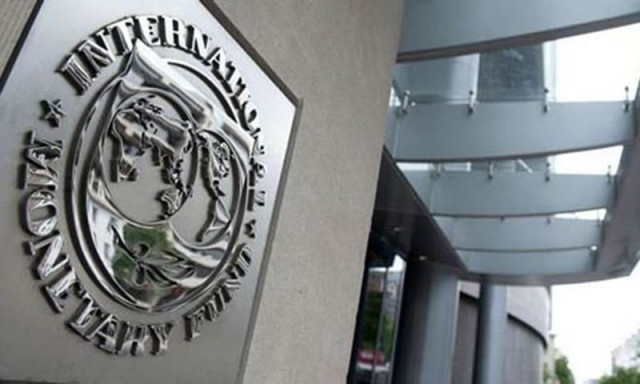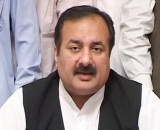IMF outlook: ‘Pakistan’s economy to be on new sustainable course’
Mission chief emphasises that difficult reforms need to be completed

Mission chief emphasises that difficult reforms need to be completed. PHOTO: AFP
“With stronger buffers, improved sentiment, gradually recovering growth, prospects of more energy supply and additional impetus from the China-Pakistan Economic Corridor, there is hope that Pakistan’s economy will set on a new and sustainable course,” he wrote in an article.
The IMF mission chief termed the completion of three-year Extended Fund Facility by Pakistan a notable achievement. “This is a notable achievement in itself, particularly so for a country that has had to resort to IMF support regularly and often abandoned its reform programmes before completion,” he said.
He recalled that just three years ago, Pakistan’s economy was running out of steam and resources, however, with the oil windfall and improving external sentiment, Pakistan was able to triple its foreign reserves buffer, through State Bank of Pakistan’s foreign exchange purchases and foreign borrowing, which strengthened the country’s shield against economic shocks.
A significant headway had been made under the programme, he said, adding a lot also remained to be done to put the economy on a more resilient footing and create conditions for more job creation and higher living standards for wide segments of society.
To make it a success, Finger underlined the importance of arriving at a consensus that economic reforms needed to be an ongoing process and difficult reforms that had been embarked upon needed to be completed.
“While a lot of progress has been made in strengthening Pakistan’s economic resilience, more is needed to adequately prepare the country for future economic shocks,” he wrote in the article.
He also emphasised the importance of continuously building the international reserve buffers given future debt repayment obligations and contingent liabilities, which would help to safeguard against risks to exports, remittances, oil prices and international capital flows.
Published in The Express Tribune, October 1st, 2016.
Like Business on Facebook, follow @TribuneBiz on Twitter to stay informed and join in the conversation.



















COMMENTS
Comments are moderated and generally will be posted if they are on-topic and not abusive.
For more information, please see our Comments FAQ